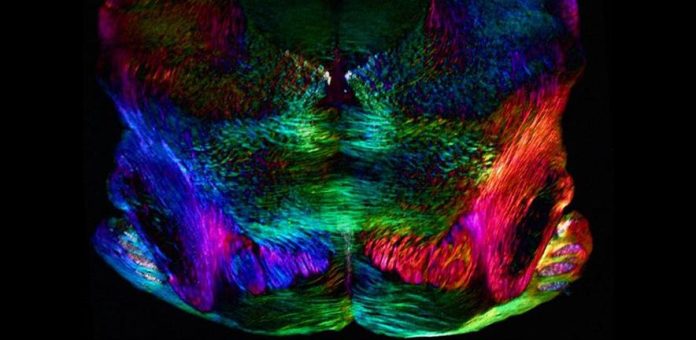There is new hope for any person that has reached the age where their memory and ability to learn just are not what they once were. The miracle working substances are naturally occurring substances found in cocoa called dietary cocoa flavanols. The discovery was made by Dr. Scott A. Small, Professor of Neurology in the Taub Institute for Research on Alzheimer’s Disease and director of the Alzheimer’s Disease Research Center in the Taub Institute at the Columbia University Medical Center.
Age-related memory decline is not as severe a problem as Alzheimer’s disease or dementia. Most people begin to experience the loss of memory that comes with age between the age of 50 and 60. Dr. Small and colleagues have previously shown that the location in the brain that associated with age-related memory decline is the dentate gyrus.
Thirty-seven healthy volunteers between the ages of 50 and 69 randomly received a daily drink of dietary cocoa flavanols. Some participants drank as much as 900 milligrams of flavanols a day and some consumed 10 milligrams of flavanols a day for 90 days. The participants were regularly evaluated for memory with a test and for blood flow to the dentate gyrus through brain imaging.
The people that consumed the higher levels of dietary cocoa flavanols demonstrated increased blood flow to the dentate gyrus and an average of 33 percent improvement in memory as measured by memory tests. The cocoa flavanol concoction was prepared by Mars, Incorporated. Mars owns the process from extracting flavanols from cocoa.
The good news is that age-related memory decline is reversible with a natural food substance. The bad news is you cannot get the benefit from eating chocolate. Most flavanols are removed from cocoa that goes into chocolate by the chocolate making process. You cannot get enough of the memory-restoring compounds by eating cocoa alone. The researchers plan further tests to insure the flavanol mixture from cocoa works before it becomes available to the public.








